
And that's how it started, the first Ludum Dare under the name Flaming Moka (that's how we called our duo, more or less temporarily).
Ed ecco, così, l'inizio del primo Ludum Dare sotto il nome di Flaming Moka (così è stato battezzato questo duo, più o meno provvisoriamente).
Il Tema
The Theme
Unable to evaluate which of the two was the best compromise between novelty and ease of developement, we chose the horror-pet idea: it was easier to downsize, in case time ran out.
Senza saper stimare quale possibilità fosse il miglior compromesso tra originalità e facilità di realizzazione, abbiamo scelto la via dell'horror-pet in quanto più facile da ridimensionare in caso di emergenza.
Evolvendo l'Idea
Bringing the Idea Forward
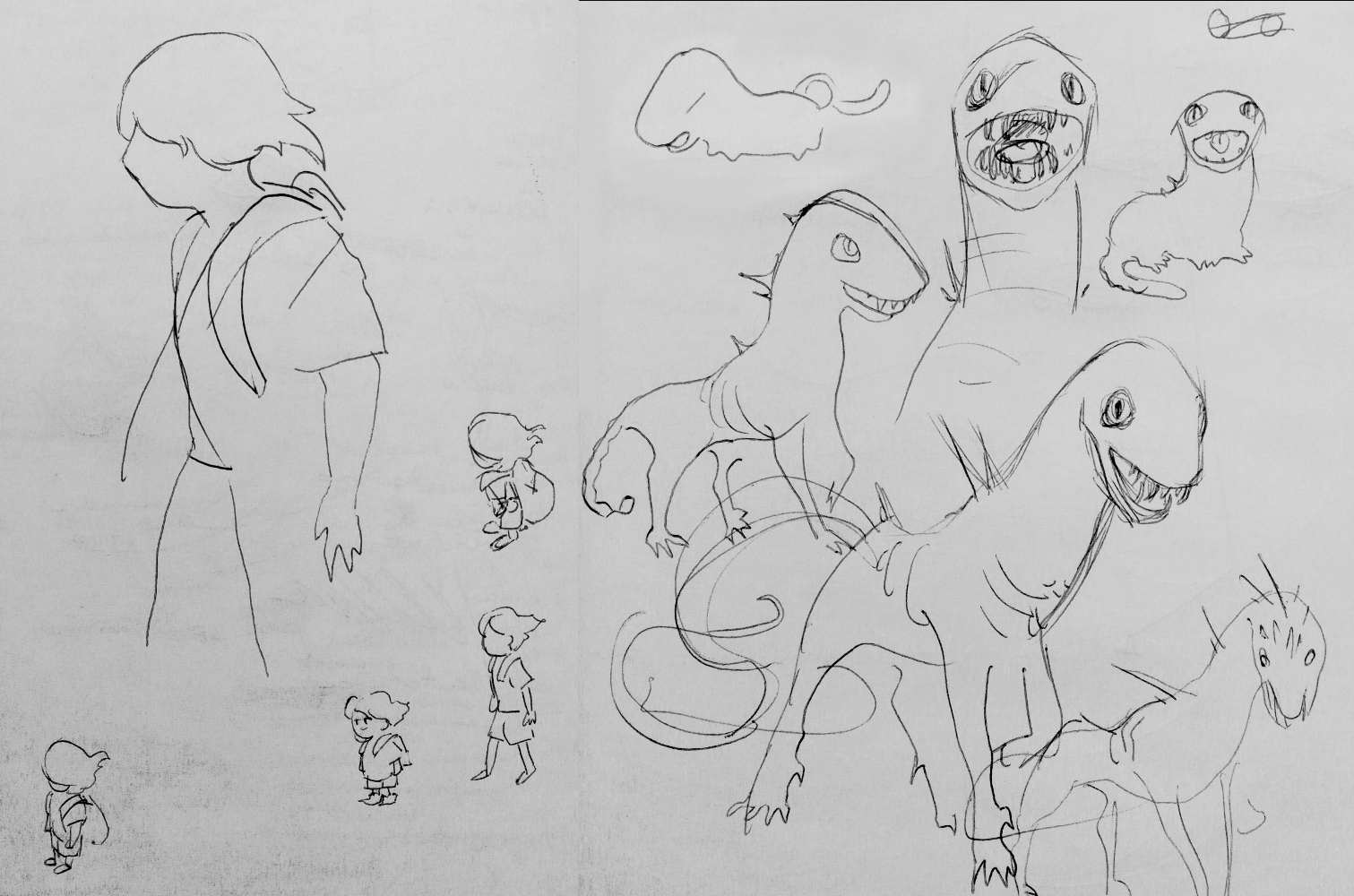
Rush: start!
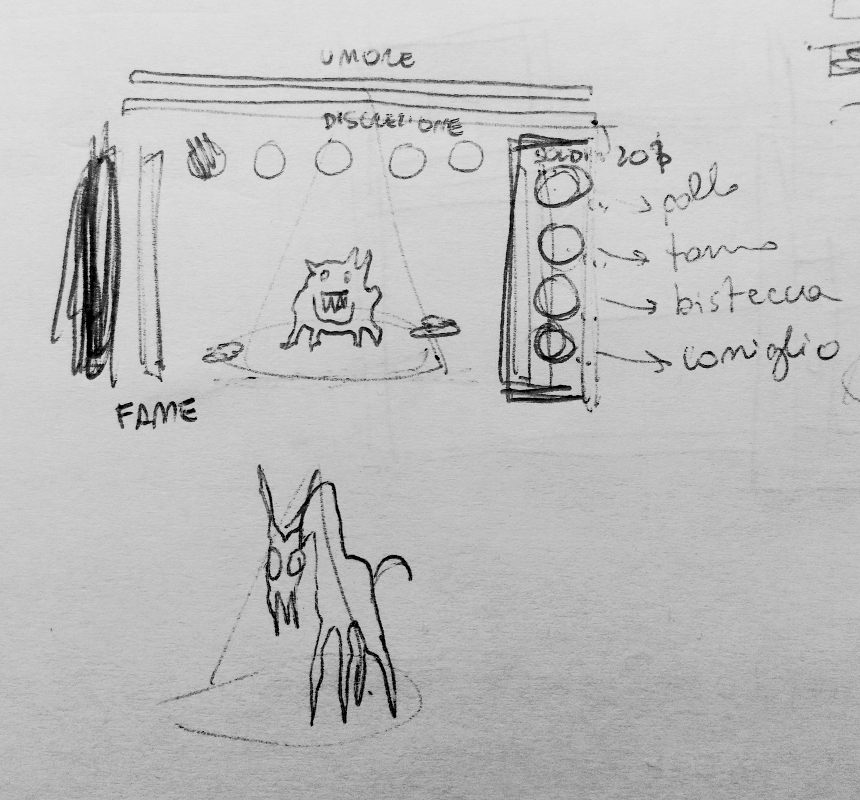
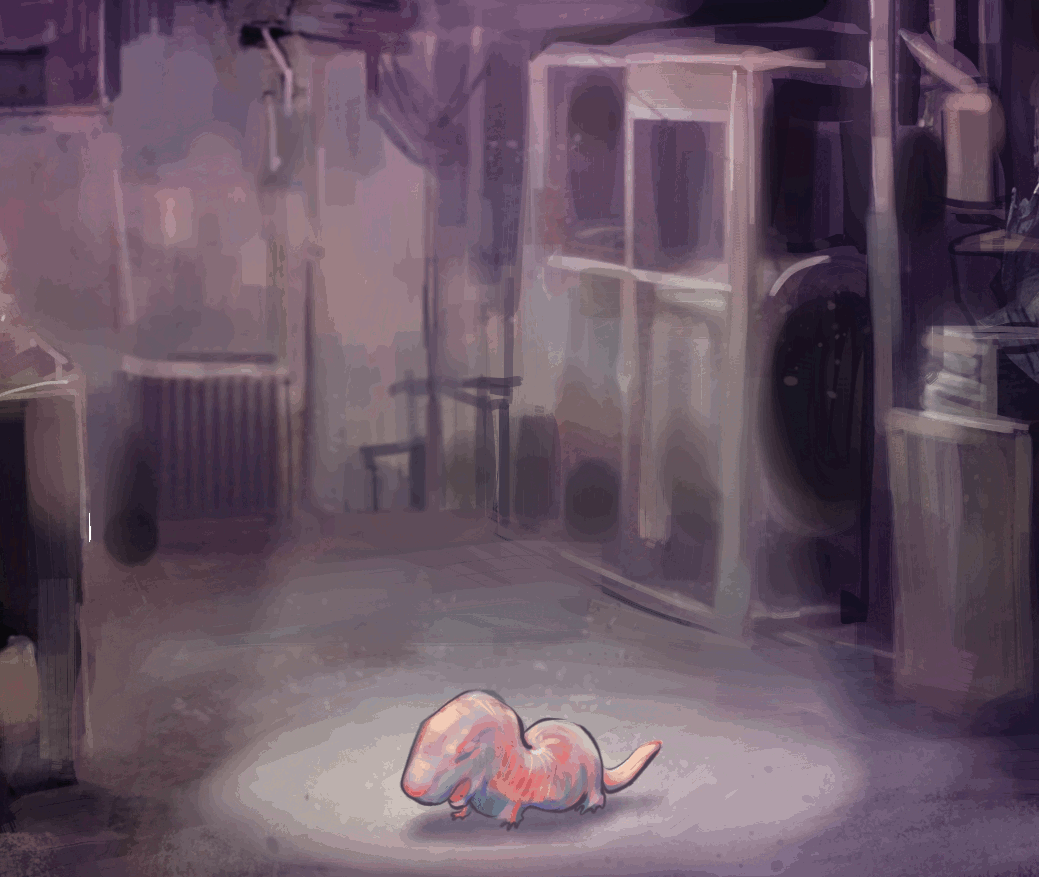
Feed Me!
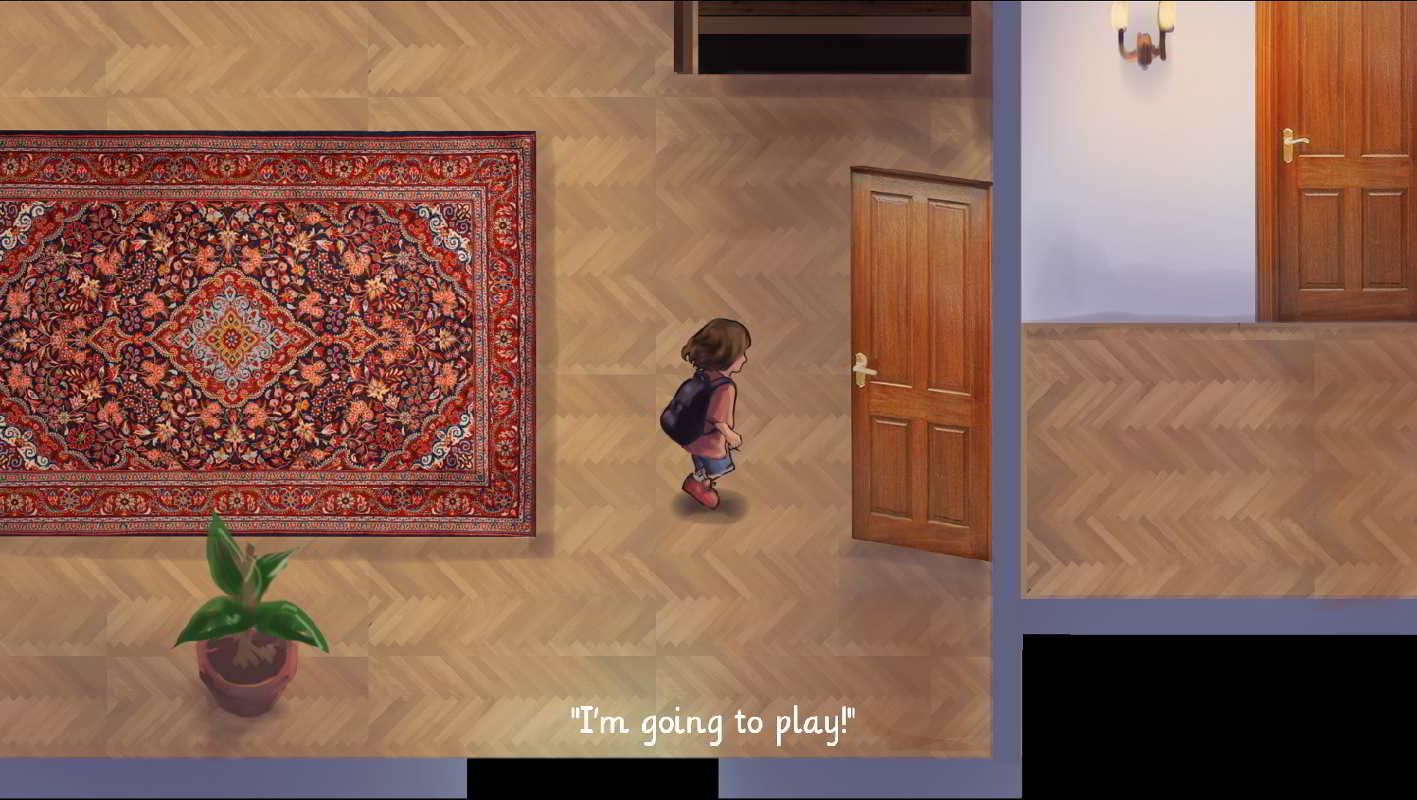
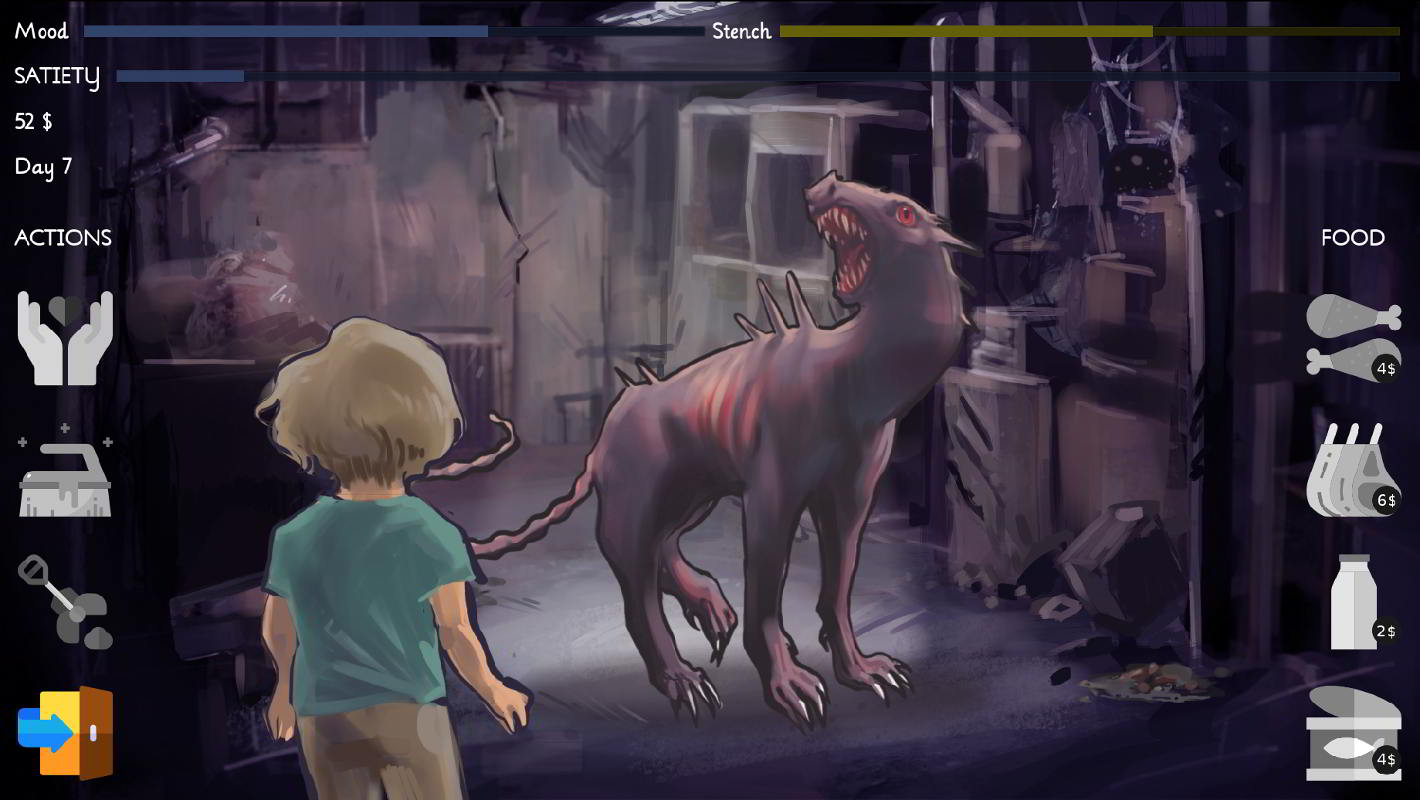
Conclusioni
Conclusions
PS: i risultati della votazione
PS: how we ranked
Fun: 537th
Innovation: 626th
Theme: 658th
Graphics: 100th
Audio: 138th
Humor: 699th
Mood: 41st We are very satisfied!
Divertimento: 537°
Innovazione: 626°
Tema: 658°
Grafica: 100°
Audio: 138°
Humor: 699°
Atmosfera: 41° Possiamo ritenerci decisamente soddisfatti!
